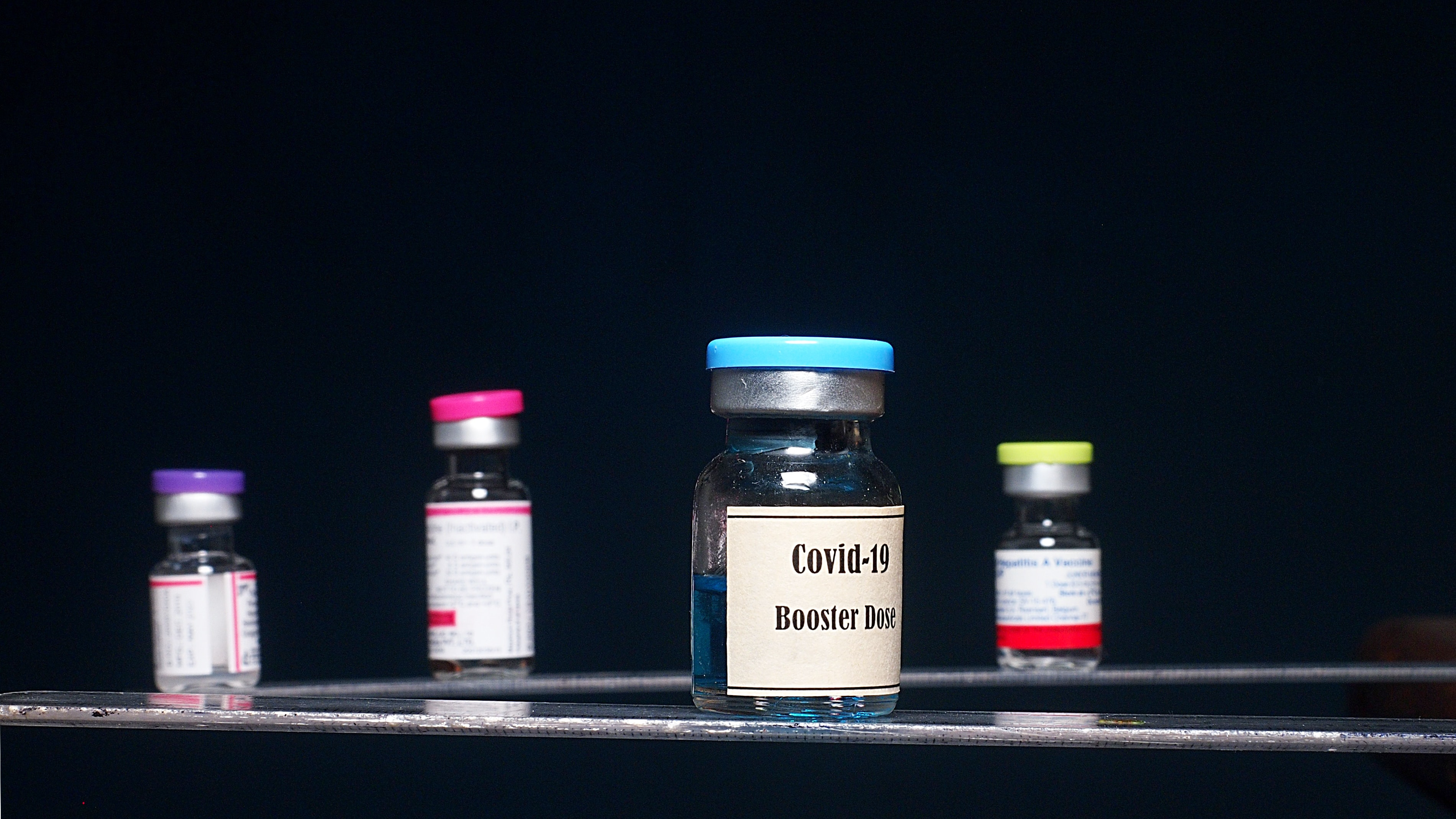
As the COVID-19 Delta variant began to rise during the summer, so did the discussion of a third shot, specifically through Pfizer-BioNTech. Scientists have discussed booster shots since COVID-19 vaccines were first introduced in December, and the Delta variant gave motivation for their release. In research for the vaccines, Pfizer stated that the original two doses begin to lose efficiency after six months; however, this study has yet to be fully released.
The Federal Food and Drug Administration (FDA) convened with their Vaccines and Related Biological Products Advisory Committee on Sept. 17 to discuss if a booster shot should be approved at this time. This meeting was open to the public and allowed any person to present data and views on the booster shot. The FDA came to the conclusion that the booster shot will not be approved and recommended at this time for the general public. However, it was approved for individuals 65 and older, as well as those seriously immunocompromised, such as organ transplant patients.
Amanda Pitchford-Madrid, lead faculty for Community and Public Health at California Baptist University, shared the possible thought process behind the FDA approving the third shot for only certain individuals. She also spoke about what she believes is the future for COVID-19 vaccines.
“People that are immune-compromised, no matter what, can get both doses and won’t be as immune as everyone else,” Pitchford-Madrid said. “You need that third dose to get them to the same place. For every one, as the virus changes it is very likely we will be on an annual schedule, just as with influenza, as that virus changes and tries to stay alive.”
Cali Steffens, senior environmental science major, said she believes if doctors are recommending the third shot, then it will be beneficial.
“I feel that if the booster shot is going to help those who are immunocompromised, and is suggested by doctors, it is good for those individuals to receive to stay safe,” Steffens said. “It is very possible that this could change soon. With different variants and new information, new boosters may end up being suggested as well.”
Lydia Prins, junior nursing student, said she believes the FDA is approving the booster shots for the most vulnerable to keep them safe and theorizes that there may be future protection coming for the general population.
“I think we have all figured out that COVID-19 primarily affects those of higher age and those with compromised immune systems, so it doesn’t surprise me that they are focusing on protecting people within those categories,” Prins said. “Maybe they will develop something different for younger individuals or maybe we just don’t need it. That is something that is at the discretion of health professionals and researchers.”
Whether people are Immunocompromised or not, Pitchfork-Madrid wants everyone to make safe decisions when it comes to COVID-19.
“Vaccines are free and available,” she said. “It’s better to be safe than sorry. And get tested. If you’re not going to get vaccinated, at least make sure that you’re getting tested to know your status.”
Those who fall into the categories of people authorized to receive a booster shot should receive it at least six months after the first two doses. The rollout of the booster shots began in late September.


